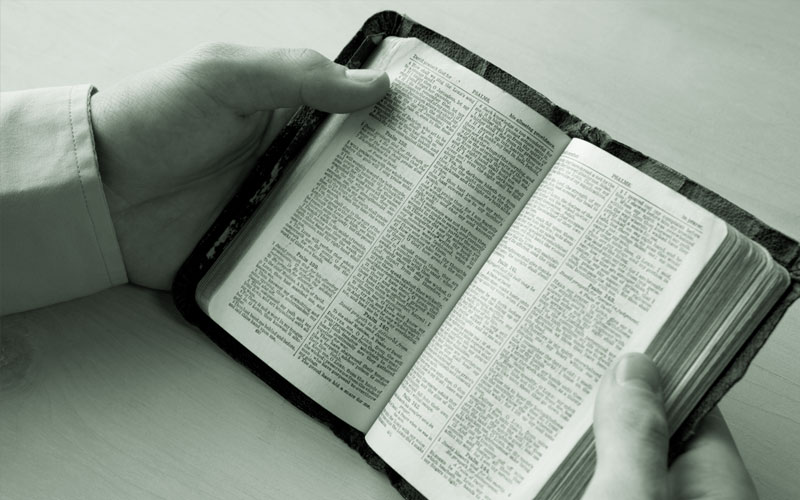Christian counseling is a good option for anyone seeking mental health treatment, not just a Christian. As a Christian counselor, I work with all clients, regardless of their spiritual or religious convictions. While we will discuss your beliefs because they are integral to our journey, I won’t try to change your beliefs. Instead, I focus on my clients’ thinking and behavior, and their beliefs are part of that.
Currently, there is a rising shortage of available psychiatrists and an uptick in Health Professional Shortage Areas (HPSA). As a result, I have been going above and beyond to help clients and referrals cope with life’s heaviness. I focus especially on those looking to centralize God in their life. This is important because, according to the Kaiser Family Foundation, only 38.4% of Pennsylvania’s mental health needs are being covered.
This alarming statistic puts the bigger picture into focus. It is more crucial than ever for us Counselors to be available and reachable. In addition to Pennsylvania’s shortage of counselors, the pandemic has impacted us all in dramatic ways. Fortunately, mental health professionals have certainly stepped up to meet the demand.
It’s important to ask what Christian Counseling can do for both practitioner and patient. Ultimately, we wrestle with the question of “Who is God?” Well, the lie is that God is good until life is hard. In response, we need to correct false beliefs about God (“God doesn’t care about me,” “God could never forgive me”) with true teachings on God’s love, mercy, and patience.
Along with distorted theology, we identify wrong views of ourselves (“I can never change,” “I must be perfect for acceptance from God or others”) and others (“My spouse is the one with problems, not me,” “My parents expect perfection even though they haven’t expressed this to me”). However you understand God, I as your counselor will help you untangle your theology to correct your self-perception.
The gospel is central in biblical counseling and for Christians too. Sometimes I ask myself, “Why am I a Christian”? It’s a way of not taking my salvation for granted by examining my life and beliefs about God. I need help remembering the gospel daily, even after being a Christian for decades. When change doesn’t happen fast enough, we might start questioning God’s goodness or the power of the gospel. Moments of despair test our beliefs about God. Unknowingly, we expect God to prove His love for us by fixing our problems or making us happy.
Psychology Today defines Christian Counseling as “a broad category of emotional and relationship support that draws on the principles of Christianity to help clients cope with challenges.” To prioritize their spiritual and religious well-being, many prospective clients turn to a counselor “who shares their beliefs or who is, at the least, prepared to discuss their faith openly and without judgment.” That’s really what this is about.
It’s easy to forget that Freud categorized religion as a pathology that can be reduced to irrationality and redundant rituals. In contrast, we all understand and experience the fruits of believing in something greater than ourselves. Our relationship with God tells us so much about who we are. This relationship is constantly in flux, even when we set our minds on the world around us. Because I experience this relationship daily, I will always respect your beliefs because I’m here to help you, whether you are a Christian, Hindu, or atheist.
